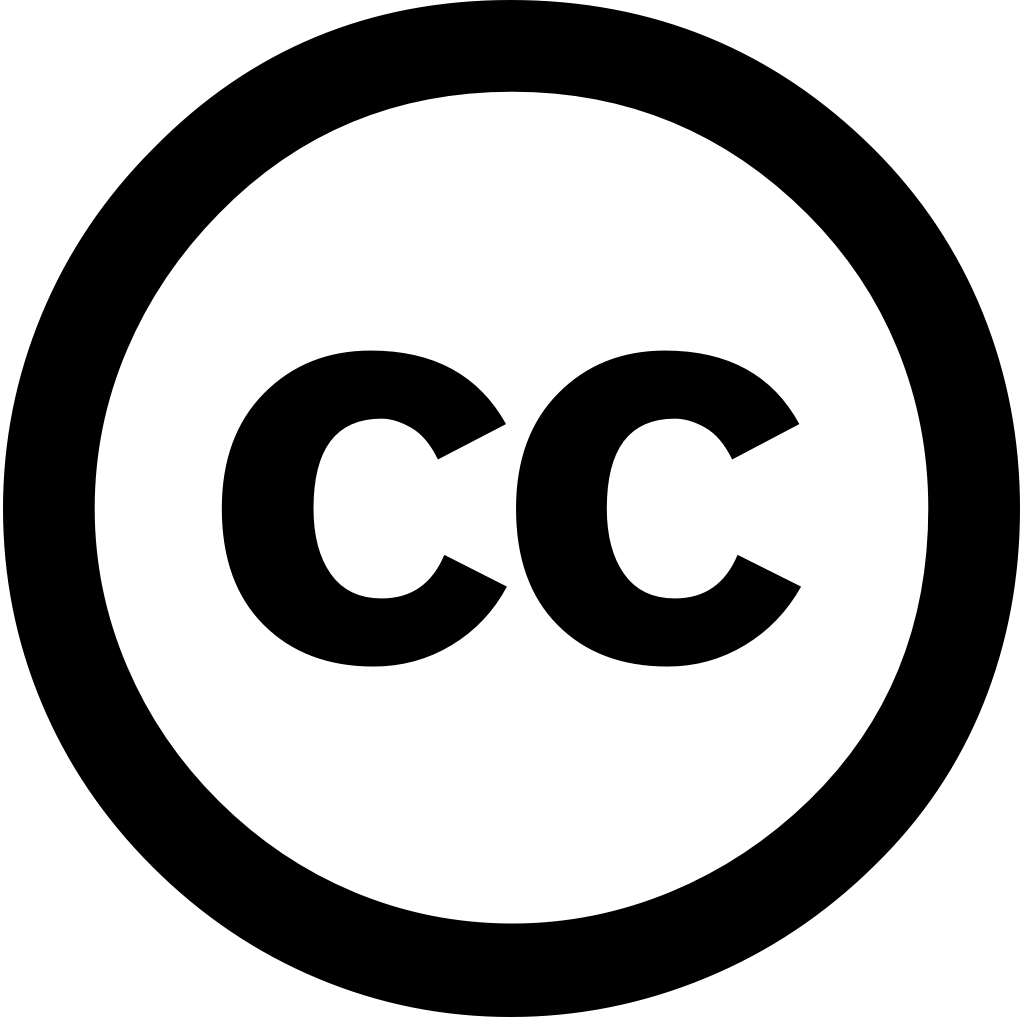
ICATA Journal
Volume 3 Editorial
Steve Potter, Ian Kerr and Louise McCutcheson
Cite as: Potter, S., Kerr, I., & McCutcheon, L. (Eds.). (2019). Volume 3 Editorial. International Journal of Cognitive Analytic Therapy and Relational Mental Health, 3(1), 5-6. https://www.internationalcat.org/volume-3-0
Int. Journal of CAT & RMH Vol. 3, 2019 / ISSN2059-9919
We are delighted to present the third issue of the International Journal of Cognitive Analytic Therapy and Relational Mental Health. We are now moving to an open access, online medium for the journal (though print copies are available for those who would prefer to read a paper copy). All three issues are now online on the International CAT website www.internationalcat.org/journal/
This issue is in line with our wish to create a platform of views which shows the varied applications and develop- ments of CAT. All the contributions highlight an approach which is facing outward across model boundaries, the wider world of psychotherapy and mental health. The journal’s commit- ment is to show the important interplay between the specifics of the therapeutic practice of cognitive analytic therapy and the challenges of seeing mental health from a dynamic, psycho-social, systemic and relational point of view whilst not losing sight of the contribution of temperament and genetics.
The first article on Gender Dysphoria by Anna Laws will hopefully develop and extend a CAT therapeutic and relational perspective on an important debate. It not only offers a provisional relational model on the conflict between self and gender but raises questions more widely about the contribution CAT can make to thinking about the dynamics between personally experienced narratives of self and socially constructed roles and identities. We hope the article brings further contributions in response.
Mikael Leiman’s incisive and historically engaging paper on how client self-observation has changed in CAT over several decades takes us to the heart of the story of CAT as a model. It quietly raises deep questions about the choice and timing of engagement in the triangle between therapy tools, client and therapist.
Jason Hepple gives a new and comprehensive theoretical and clinical contribution that shows how CAT may be fine-tuned to work with people living with obsessions and overvalued ideas. The article offers a wide reach beyond diagnostic categories.
In the same open and curious spirit, there are three papers on the wider applications of CAT. Dr Nadine Bearman writes engagingly on small scale research on CAT with functional neurological disorders and puts this in the wider context of physical health and psychotherapy.
A group of authors looks at the changes in understanding resulting from CAT-based case formulation sessions with inpatient staff in a forensic setting (Patrick Doyle, Louise Tansey and Jamie Kirkland). They use a skilfull pre- and post-design based on the repertory grid. This contextual approach chimes well with a commitment to developing relational awareness across the board in mental health provision.
Sarah Craven Staines reports upon and explores a small outcome study on the provision of CAT for mental health staff facing issues of burn-out and challenges to their well-being.
The uniquely international and cross- cultural paper co-written by Ann Treesa Rafi and Ian B. Kerr on issues arising from the development of CAT in India, raises big questions of differences of generation, culture, gender, power and philosophy. Alongside an honest, moving and detailed account of a single therapy, the paper shows the potential of CAT to hold in mind both the macro perspective of the forces that shape mental health in a global context whilst not losing sight of micro, local views and voices. With this paper in mind, the review, by Frank Margison of the book by Julie Lloyd and Rachel Pollard on Cognitive Analytic Therapy and the Politics of Mental Health, is highly relevant.
What all these papers have in common is an interest in the validity, versatility and further development of the model and its use in different contexts.
Thanks are due to our many contributors and to peer reviewers and the editorial team, all of whom give their time freely. Inevitably a journal produced on a shoestring budget is slow in its development and, it is with some regret, but realism, that we have not managed more than an annual issue. However, we hope there is now enough momentum for an annual issue of the journal and welcome offers and suggestions to the editors of future contributions.
Meanwhile we look forward to a continuing, creative dialogue both in response to the articles in this issue and those preceding it.
One of the editors, Steve Potter, is standing down after this issue to concentrate on other writing. For him, it has been an honour to work with co- editors and to be in dialogue with the wide range of voices that have made these first three issues possible.



